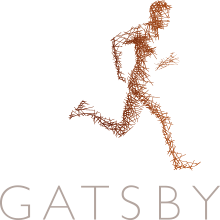Support For Industry Placement Mentors
7. Preparing for placements
Mentoring is quite a pliable concept. It works differently in particular contexts and situations. Industry placements provide a context with some parameters which you should know about, like what the placement is for and how long it lasts. Even so there’s plenty of flexibility for how organisations set them up and the approach mentors can take in different situations.

